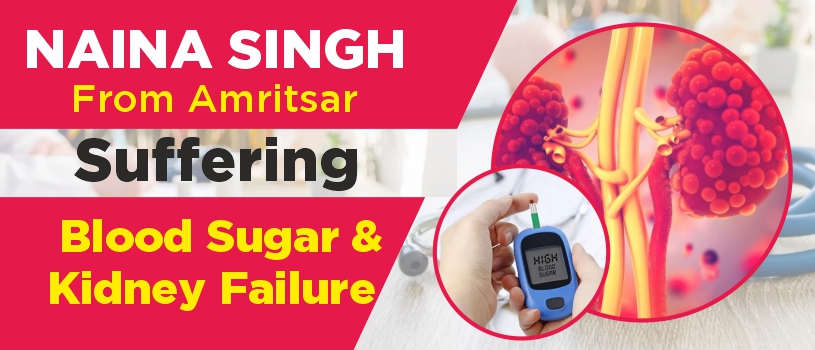How can kidney patients recover from CKD?

Your kidneys work hard throughout the day to remove wastes, toxins, and excess fluid from the blood. Each kidney varies slightly comparing the size of your closed fist; every 30 minutes filters all the blood in your body. Their work duties include controlling blood pressure, stimulating the production of red blood cells, keeping your bones healthy, and regulating blood chemicals essential for life. CKD is a condition where the kidneys are damaged and cannot filter blood as they should. As the kidneys are not able to do so, this excess fluid and waste from blood remains in the body and may cause other health problems e.g., heart disease, stroke, etc. The other consequences of CKD include: Anemia or reduction in the number of red blood cells. Higher rate of infections. Low calcium levels. High potassium and high phosphorus concentrations in the blood. Loss of appetite, nausea. Depression. CKD has varying levels of side effects as per the degree of seriousness. ...





